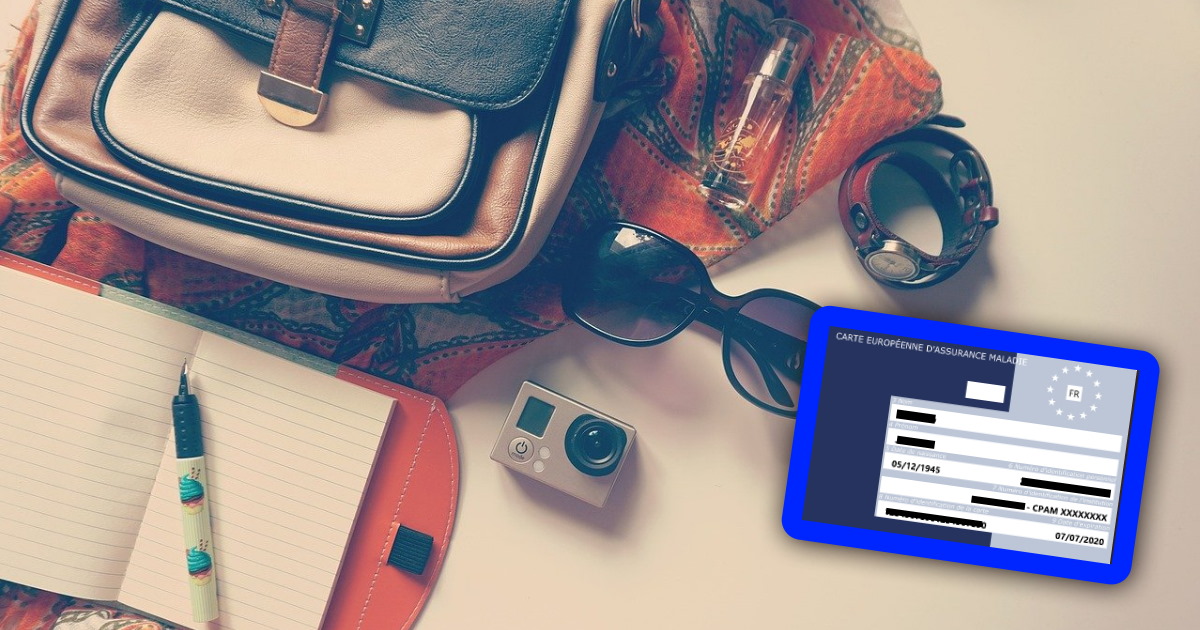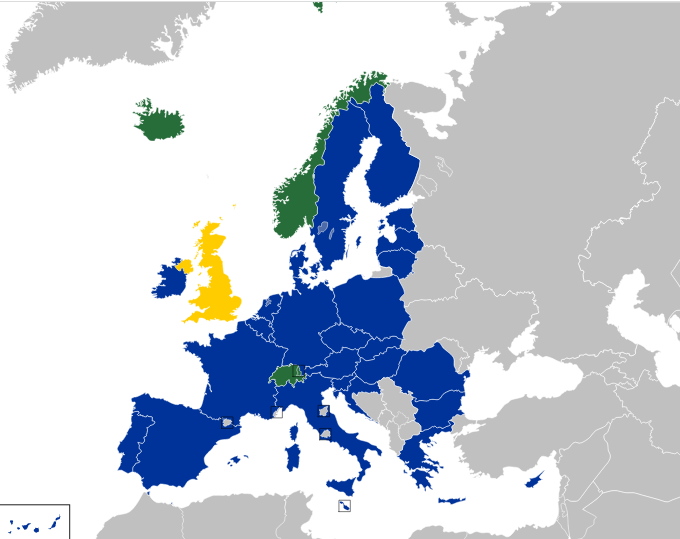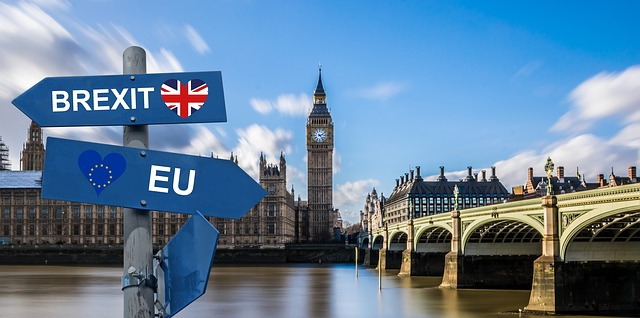
Why you should travel with your European Health Insurance Card
What is the European Health Insurance Card?
The EHIC gives travelers insured by or covered by a statutory social security program of the European Economic Area countries and Switzerland access to medically necessary, state-provided healthcare during a temporary stay in any of the EU countries, Iceland, Liechtenstein, Norway, UK and Switzerland under the same conditions and at the same cost (free in some countries) as people insured in that country.
What are the key benefits?
The main reason for this regulation is to keep an insured person from being forced to return home for treatment. They may to continue their stay under safe medical circumstances.
- necessary healthcare means healthcare that cannot reasonably wait until you go back home
- receive free or reduced cost medical treatment during your temporary stay
- medical treatment during a planned duration of stay to the extent the treatment of your medical condition requires
- routine treatments provided in conjunction with chronic or existing illnesses during your temporary stay, including oxygen therapy and kidney dialysis
- pregnancy check ups and childbirth during a temporary stay
- you will not have to pay your incurred medical bills immediately. Your case will be reviewed, your social health insurance will deal directly with the hospital or medical professional service where you received treatment and you will only be billed the remainder.
Who determines whether or not my medical expenses will be covered?
It is up to the health care professional to determine which treatment is necessary in relation to the duration of the stay.
- In Member States where no national health system is in place, whichever covering insurance institution is in place must accept the treating health care professional's assessment.
How do you obtain a card?
By contacting the health insurance institution where you are insured and is responsible for assuming your healthcare costs. Cards are issued by your national health insurance provider. For example:
- in Belgium it is Mutas
- in France it's Ameli.fr
- But in the Netherlands, you must go directly to your health insurance company to apply for the health card.
- See official link in the blue section below
Who can benefit from the card?
Eligibility applies to anybody in the society from workers, self-employed workers, students, unemployed persons, pensioners, etc. who is covered under national healthcare in their participating country of residence.
- People from non-EU countries who are legally residing in the EU and are covered by national healthcare are also eligible for a card.
- However, nationals from non-EU countries cannot use their EHIC for medical treatment in Denmark, Iceland, Liechtenstein, Norway and Switzerland.
Need to know: what the EHIC is not:
- is not an alternative to travel insurance!
- it does not cover any private healthcare or costs such as a return flight to your home country or lost/stolen property!
- does not cover costs when travelling for the express purpose of obtaining medical treatment (including birth)!
- does not guarantee free services. As each country’s healthcare system is different services that cost nothing at home might not be free in another country!
- one card does not apply to a family - each separate member of a family travelling should have their own card!
What to do in case of an emergency without having the card
You will likely be reimbursed commensurately with the rates of the country where you reside, meaning the refund will vary from country to country.
- at the hospital/ ER, ask your treating doctor to provide a statement of why you received treatment. It is more than likely that you will receive this upon being discharged, some vague text (due to privacy regulation) that yes, you needed treatment from this date to that date due to (illness, accident...) i.e. it will be within the scope of what they are allowed to say by law.
- In addition, you will also receive a discharge document (TIP: ask for it in triplicate as copies may not be accepted by your national healthcare)
- you will receive the bill electronically or via postal mail, to be paid in full
- retain proof of payment
- copy and or scan all billing, prescriptions, payments and any receipts obtained in relation to your medical needs e.g. pharmacy receipts.... to the entity in your own country who takes care of communicating with your national healthcare
- if you don't know who that is in your country, start with your national healthcare provider's website by searching "medical needs while traveling" or other search words to that affect - they will either handle it directly or refer you to the institution that can help you through
- Call that entity to explain the situation and ask what you need to do
- once you have a case number assigned, you will be asked to send your "dossier" - in other words, every single scrap of paper, prescriptions, receipts, attestations, bills etc you have received, including proofs of payment.
- Your case will be reviewed for legitimacy and necessity
- If approved, you'll be refunded some portion of the medical expenses incurred
Are there exceptions to the rules?
All rules have exceptions and that is why each case is reviewed individually by your national healthcare. This benefit doesn't include receiving medical treatments in other countries on purpose - however for treatments that are not available in your own country, there "might be coverage" - the key is to receive permission from your national healthcare BEFORE you travel.
Does your hospitalization insurance cover the rest?
- Possibly. Inform them and send them proof of your refund along with your dossier.
Should you get extra travel insurance?
- We feel that is a personal choice! As stated above, it is not an alternative to travel insurance!
When moving
When you move from one country to another country, register with the S1 form instead of using the EHIC to receive medical care in your new country of residence.
Participating countries
Any of the European Economic area countries Belgium, Bulgaria, Cyprus, Denmark, Germany, Estonia, Finland, France, Greece, Ireland, Iceland, Italy, Hungary, Croatia, Latvia, Liechtenstein , Lithuania, Luxembourg, Malta, Netherlands, Norway, Austria, Poland, Portugal, Romania, Slovakia, Spain, Czech Republic, Sweden, as well as the United Kingdom and Switzerland.
NOTE: If you are going to Norway, Iceland, Liechtenstein, Switzerland or Denmark, you must be a national of one of these countries or of an EU country to receive medical treatment using the EHIC.
- In other words, e.g. if you're an American living in France with an EHIC card, that card will not be valid in those countries for you.
FIND A LIST OF COUNTRIES WITH LINKS WHERE TO OBTAIN THE EHIC HERE


UK residents post Brexit
- To apply for a new card, please consult the NHS website here
- If you have an existing EHIC, continue to use it until it expires and then apply for a new one.
Share this Post
